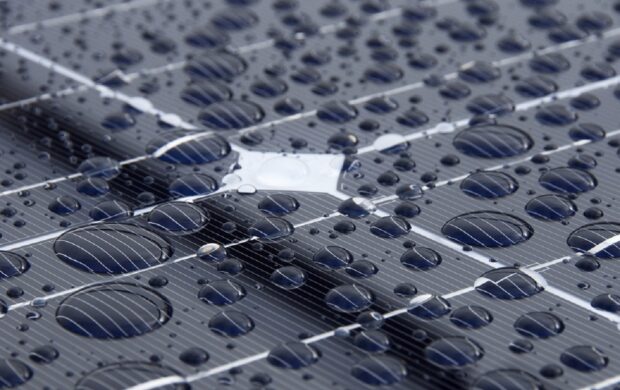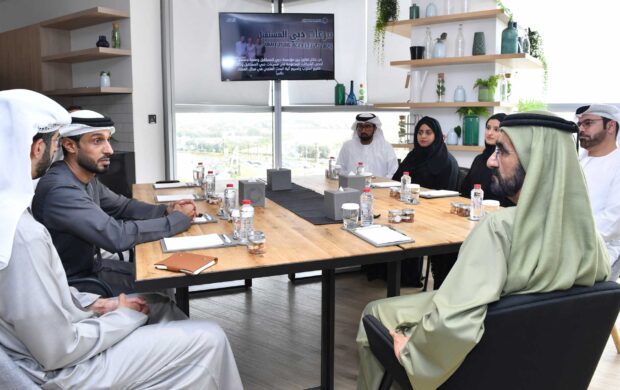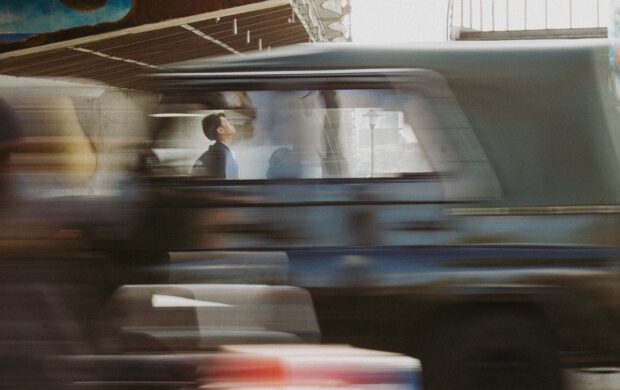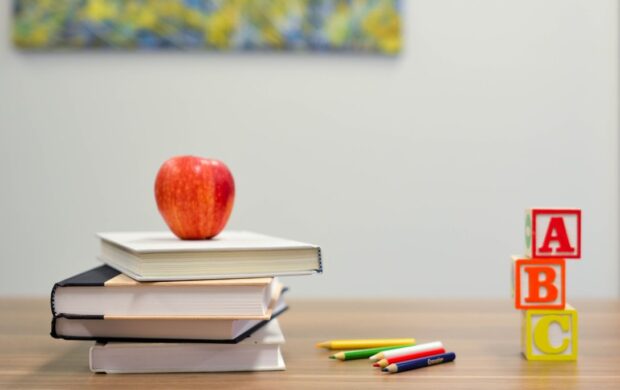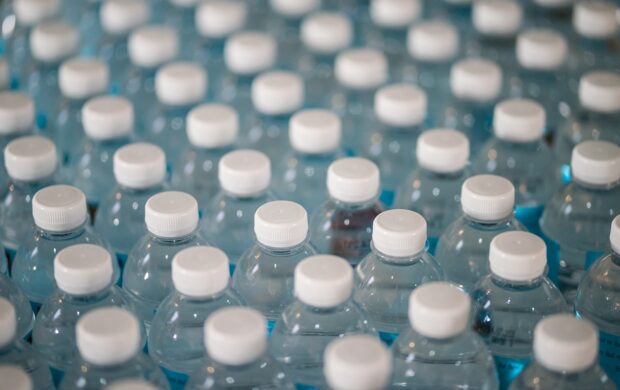The world is on an unsustainable path, but powerful ideas and innovations that could help solve social, economic and environmental challenges are emerging all the time. We need to uncover and understand these opportunities in order to make the most of them.
Here are this month’s top #signalsofchange spotted by the Futures Centre community of trackers. Each represents unprecedented ideas, innovations, behaviours and applications with transformative potential. What do these new developments mean for the future we want to build?
Click on any of the signals below to read more about them.
1
Democracy Earth pioneers blockchain for incorruptible post-nation governance
Democracy Earth is using open source software and peer-to-peer networks to imagine and create a post nation-state world, where political intermediation is no longer necessary. Combining the internet with blockchain technology, the California-registered networked non-profit aims to replace the role of national governments in creating systems for identity, voting and representation.
2
The mobile app Stuffstr may help multinational retailers transfer to the circular economy
Various multinational retailers have recently partnered with Seattle-based app Stuffstr to aid their efforts in promoting and enabling a circular economy. The app provides a simple interface through which users can manage their ‘library’ of possessions and encourages them to donate, repair or give away their disused or unwanted stuff. Clothing giants such as H&M and The North Face are using the app to help consumers find local clothing donation sites to recycle their old clothes.
3
Starbucks CEO makes four pledges, including to hire 10,000 refugees
In an open letter to the coffee chain’s partners, Howard Schultz pledged a number of actions, positioning these in response to “the Executive Order that President Trump issued on Friday, effectively banning people from several predominantly Muslim countries from entering the United States, including refugees fleeing wars.” The pledge that has received the most attention is to hire 10,000 refugees (among 65 million recognised by the UN) over the course of five years, in the 75 countries around the world where Starbucks does business.
4
Crowdfunded intercity train service launches in Germany
The Berlin start-up Locomore has the crowdfunded daily train service up and running. Its first journey was from Stuttgart to Berlin in December 2016. The tickets are less than one-fifth the fare of national service Deutsche Bahn.
5
Australian team finds seaweed can reduce methane emissions of cows by 99% in lab
An Australian team from James Cook University has identified a type of red alga, Asparagopsis taxiformis, which reduced methane production by 99% when tested on artificial cow stomachs in laboratory conditions. This species of seaweed is effective because it produces a compound called bromoform (CHBr3) that reacts with vitamin B12 in ruminant stomachs to block methane production.

